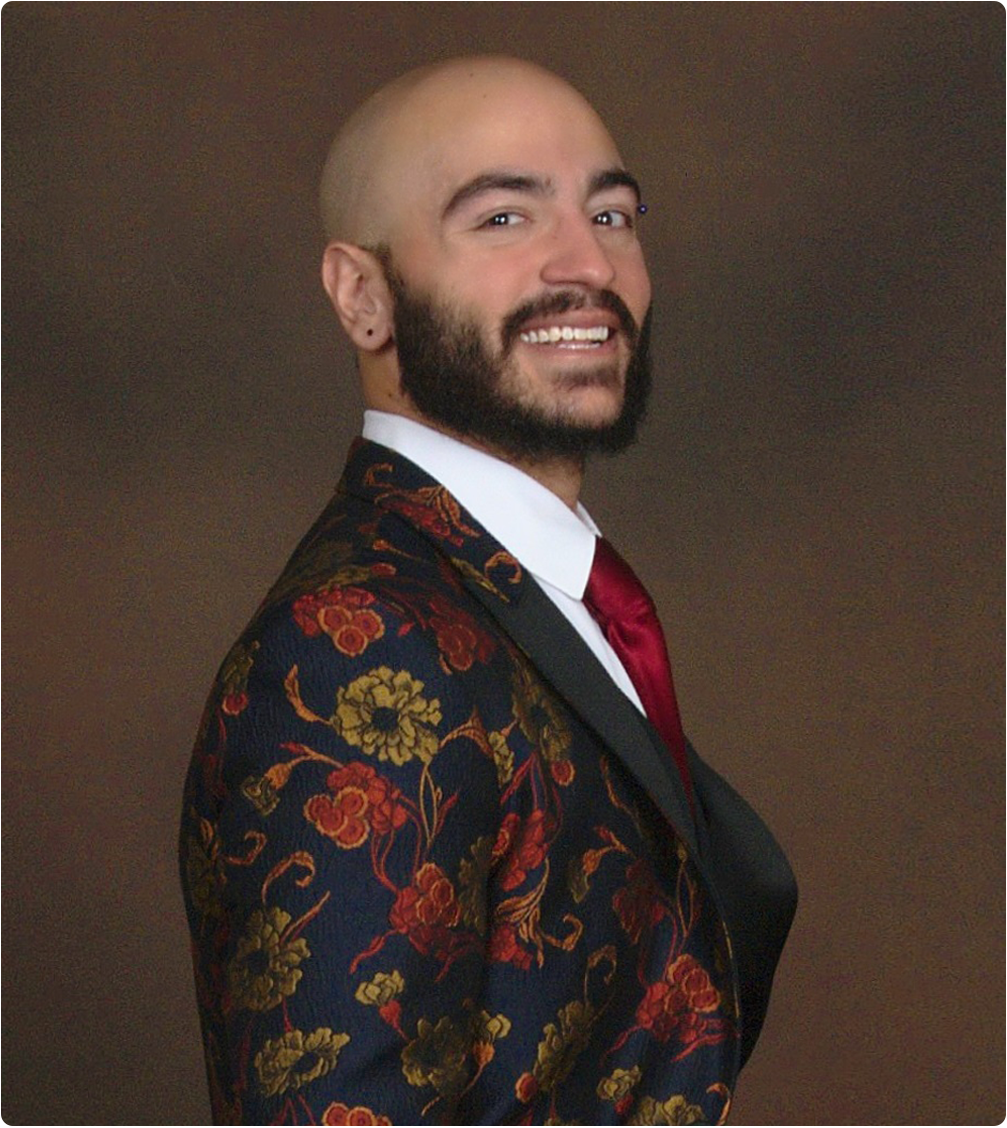

How to Write a Research Statement for Faculty Position Applications
Learning Objectives
Upon completion of this comprehensive and engaging course, you will be able to:
- Review the 4 key goals of a Research Statement during the faculty position application process
- Explain how to read and analyze a Research Statement prompt using real-world examples
- Discuss how to properly format and style your Research Statement
- Identify the 4 core components of an effective Research Statement
- Describe step-by-step how to write each of the 4 core components (with exemplars)
- List the 4 additional components sometimes found in Research Statement prompts and explain how to prepare them
- Identify 10 key buzzwords to include in your Research Statement as well as 8 terms to avoid
- Navigate the 5 most common mistakes made when writing a Research Statement
Instructor

Jay Phoenix Singh, PhD, PhD is a Fulbright Scholar and the internationally award-winning Executive Director of Publication Academy. Author of over 85 peer-reviewed articles and book chapters (average 400+ citations/year since 2010) as well as 4 books (published by Routledge, Wiley, Sage, and Oxford University Press), he completed his graduate doctoral studies in psychiatry at the University of Oxford and clinical psychology at Universität Konstanz. He was named the youngest tenured Full Professor in Norway in 2014 before accepting faculty appointments at the University of Cambridge as well as the University of Pennsylvania. Since this time, he has become the only psychology professor to have lectured for all eight Ivy League universities (Harvard, Yale, Princeton, Columbia, Cornell, Brown, Dartmouth, UPenn) as well as both Oxford and Cambridge. Dr. Singh has provided keynote speeches at leading academic conferences on six continents, and his work has been featured in leading newspapers such as The Washington Post and magazines such as People. He has been the recipient of awards from organizations including the American Psychological Association, the Royal College of Psychiatrists, the Society for Research in Child Development, the Society for Research in Adolescence, the American Board of Forensic Psychology, the American Psychology-Law Society, and the European Congress on Violence in Clinical Psychiatry.


